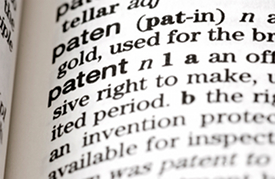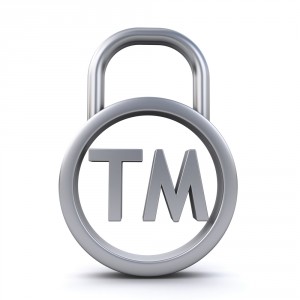 Apple was hit with a patent infringement lawsuit (read it below) over Siri, the Cupertino, California company’s computer voice search-and-speak technology inside newer iPhones, iPads and iPod Touch devices. The twist in this case, however, is that patent holder Rensselaer Polytechnic Institute isn’t the one suing.
Apple was hit with a patent infringement lawsuit (read it below) over Siri, the Cupertino, California company’s computer voice search-and-speak technology inside newer iPhones, iPads and iPod Touch devices. The twist in this case, however, is that patent holder Rensselaer Polytechnic Institute isn’t the one suing.
Instead, the plaintiff is Dynamic Advances, LLC, a Tyler, Texas-based company created last year by patent monetizer Erich Spangenberg. The LLC’s members and officers include the Spangenberg Family Foundation and Techdev Holdings.
Spangenberg is known for his sue first, ask questions later approach to patent litigation.
A lawsuit filed Friday in a New York federal court confirms that Dynamic Advances, LLC is a non-practicing entity (NPE) allegedly holding an exclusive license to sue, enforce, and monetize Rennselaer’s patent portfolio:
Dynamic Advances facilitates Rennselaer’s goal of commercializing its patented inventions to the benefit of the general public, and to further Rennselaer’s mission to apply science to the common purposes of life.
Pleadings in the case docket do not currently include a copy of any alleged exclusive patent license agreement between Rennselaer and Dynamic Advances.
The patent at issue is U.S. Patent No. 7,177,798 for a “Natural language interface using constrained intermediate dictionary of results.” The USPTO awarded the patent in 2007.

 Evolutionary Intelligence, LLC sued
Evolutionary Intelligence, LLC sued  For several months, Facebook has
For several months, Facebook has  Apple, Inc. was hit with a patent infringement lawsuit Thursday (read it below) alleging that the company’s iPad 3 tablets and Macbook Pro computers violate four light emitting diode (LED) patents. The case was filed in in federal court in Delaware by claimed patent holder LED Tech Development LLC, a Delaware limited liability company based in Tyler, Texas, the city that is a patent litigator’s
Apple, Inc. was hit with a patent infringement lawsuit Thursday (read it below) alleging that the company’s iPad 3 tablets and Macbook Pro computers violate four light emitting diode (LED) patents. The case was filed in in federal court in Delaware by claimed patent holder LED Tech Development LLC, a Delaware limited liability company based in Tyler, Texas, the city that is a patent litigator’s  Apple was sued for copyright infringement on Wednesday by Swiss fashion and beauty photographer
Apple was sued for copyright infringement on Wednesday by Swiss fashion and beauty photographer  Ameranth, Inc.
Ameranth, Inc.  Last Tuesday, The Trademark Trial and Appeal Board (TTAB) upheld a decision to deny Apple’s trademark application to register its music feature mark that’s used on iPhones and other Apple products. The reason? The mark was confusingly similar to another mark that’s now owned by MySpace. Both marks consist of two musical eighth notes on an orange background. MySpace’s mark was originally issued to iLike, a music service that let users download and share music with each other. However, MySpace bought iLike in 2009, and closed it down a few years later.
Last Tuesday, The Trademark Trial and Appeal Board (TTAB) upheld a decision to deny Apple’s trademark application to register its music feature mark that’s used on iPhones and other Apple products. The reason? The mark was confusingly similar to another mark that’s now owned by MySpace. Both marks consist of two musical eighth notes on an orange background. MySpace’s mark was originally issued to iLike, a music service that let users download and share music with each other. However, MySpace bought iLike in 2009, and closed it down a few years later. Facebook and Apple have been hit with another patent infringement lawsuit brought by small, relatively obscure research/technology companies. Yesterday,
Facebook and Apple have been hit with another patent infringement lawsuit brought by small, relatively obscure research/technology companies. Yesterday,  Yesterday, the Regents of the University of California and Eolas Technologies, Inc. filed a lawsuit against Facebook in the U.S. District Court for the Eastern District of Texas. The suit alleges that Facebook has infringed on four different patents owned by the Regents and to which Eolas has an exclusive license.
Yesterday, the Regents of the University of California and Eolas Technologies, Inc. filed a lawsuit against Facebook in the U.S. District Court for the Eastern District of Texas. The suit alleges that Facebook has infringed on four different patents owned by the Regents and to which Eolas has an exclusive license. Photographer
Photographer